Australia has long been known for its unique wildlife, and among its most iconic animals is the kangaroo. Yet, despite efforts to promote kangaroo meat as a sustainable and healthy protein source, consumer resistance remains stubbornly high. The disconnect between environmental benefits and public perception highlights a deeper cultural and psychological barrier that marketers have struggled to overcome.
For years, Australian authorities and industry groups have championed kangaroo meat as an eco-friendly alternative to traditional livestock. Kangaroos produce significantly less methane than cattle, require no additional land or water resources, and are harvested from wild populations rather than farmed. From an environmental standpoint, the case seems clear. However, these arguments have done little to sway a large portion of domestic and international consumers.
The primary hurdle lies in the kangaroo's status as a national symbol. Many Australians view the animal as a cultural emblem rather than a food source. The idea of eating something so closely tied to the country's identity feels unsettling to some, even if the practice is legal and regulated. Overseas, particularly in Western markets, the perception is even more pronounced—kangaroos are often seen as exotic wildlife rather than livestock.
Another challenge is the "ick factor" associated with consuming game meat. Unlike beef or chicken, which have been normalized in diets for generations, kangaroo meat still carries the stigma of being unconventional. Some consumers report being put off by its strong flavor or lean texture, while others express discomfort with the idea of eating an animal they associate with nature documentaries rather than dinner plates.
Marketing campaigns have attempted to rebrand kangaroo meat under names like "australus" to distance it from its animal origins, but these efforts have seen limited success. Critics argue that such tactics come across as disingenuous, further alienating potential buyers. Meanwhile, animal rights groups have amplified their opposition, citing concerns over hunting practices and questioning the ethics of commercializing native wildlife.
Despite these obstacles, the industry persists. Export markets in Europe and Asia show slightly more promise, where kangaroo meat is sometimes positioned as a premium or novelty product. Yet, even there, demand remains inconsistent. The Australian government continues to support the industry, pointing to its economic benefits and sustainability credentials, but without a significant shift in public perception, widespread acceptance seems unlikely in the near future.
The kangaroo meat dilemma underscores a broader truth about food consumption: logic and sustainability don't always dictate choices. Deep-seated cultural associations and emotional responses often override even the most rational arguments. Until those barriers are addressed—whether through education, generational change, or more effective marketing—the kangaroo may remain more at home on Australia's coat of arms than on its dinner tables.
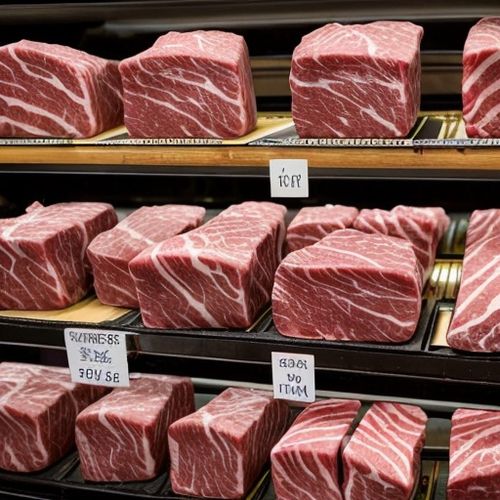
By Lily Simpson/Apr 10, 2025

By Victoria Gonzalez/Apr 10, 2025

By Emily Johnson/Apr 10, 2025

By Megan Clark/Apr 10, 2025
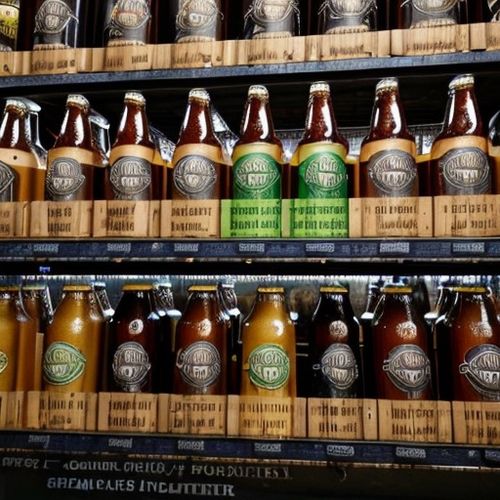
By Amanda Phillips/Apr 10, 2025
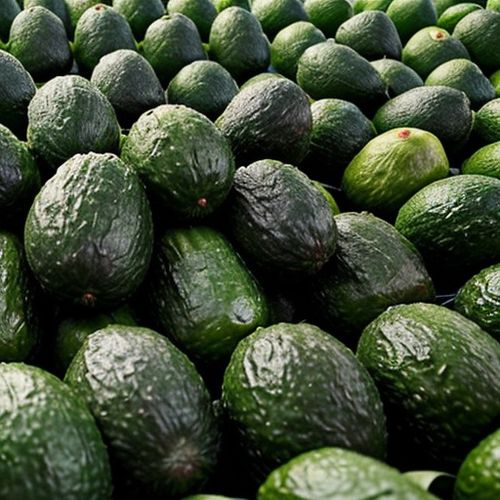
By James Moore/Apr 10, 2025
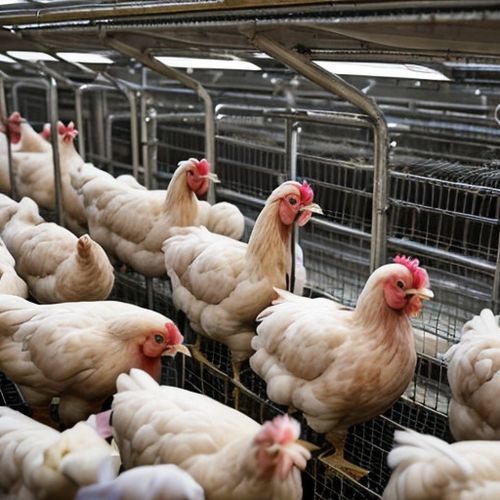
By Noah Bell/Apr 10, 2025

By Eric Ward/Apr 10, 2025

By Megan Clark/Apr 10, 2025
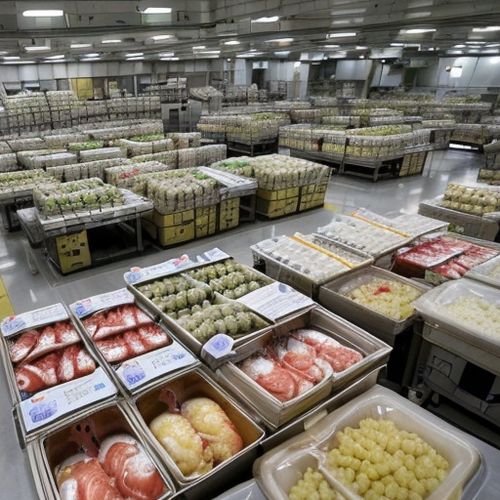
By Natalie Campbell/Apr 10, 2025
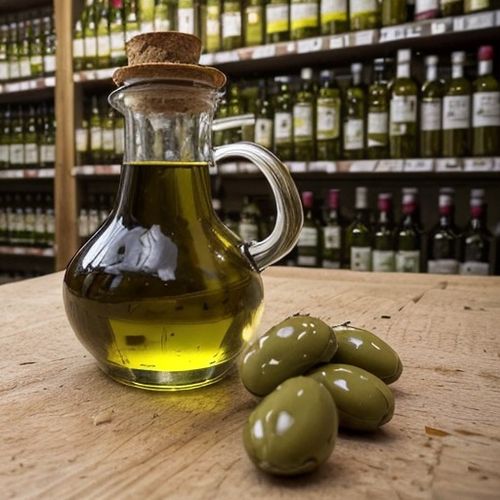
By Amanda Phillips/Apr 10, 2025
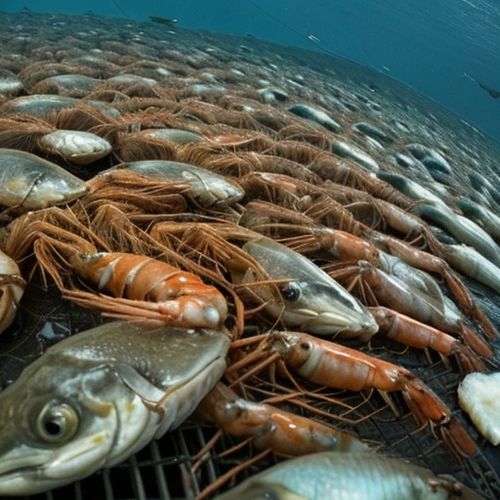
By Michael Brown/Apr 10, 2025
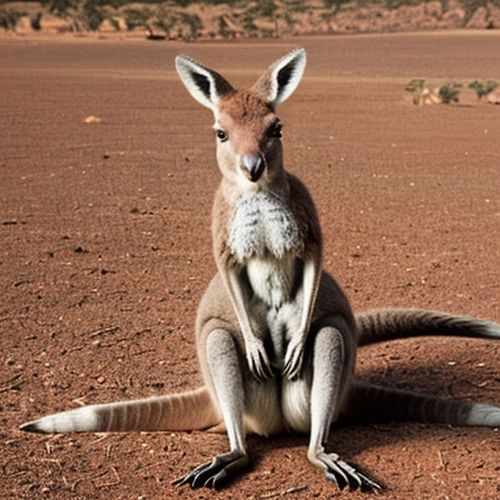
By Elizabeth Taylor/Apr 10, 2025
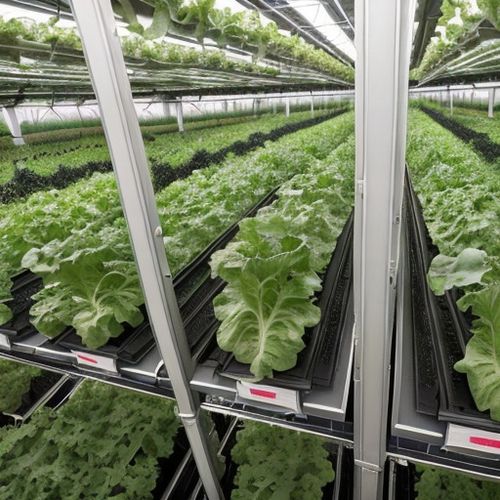
By Emma Thompson/Apr 10, 2025

By Natalie Campbell/Apr 10, 2025

By Eric Ward/Apr 10, 2025

By Sophia Lewis/Apr 10, 2025